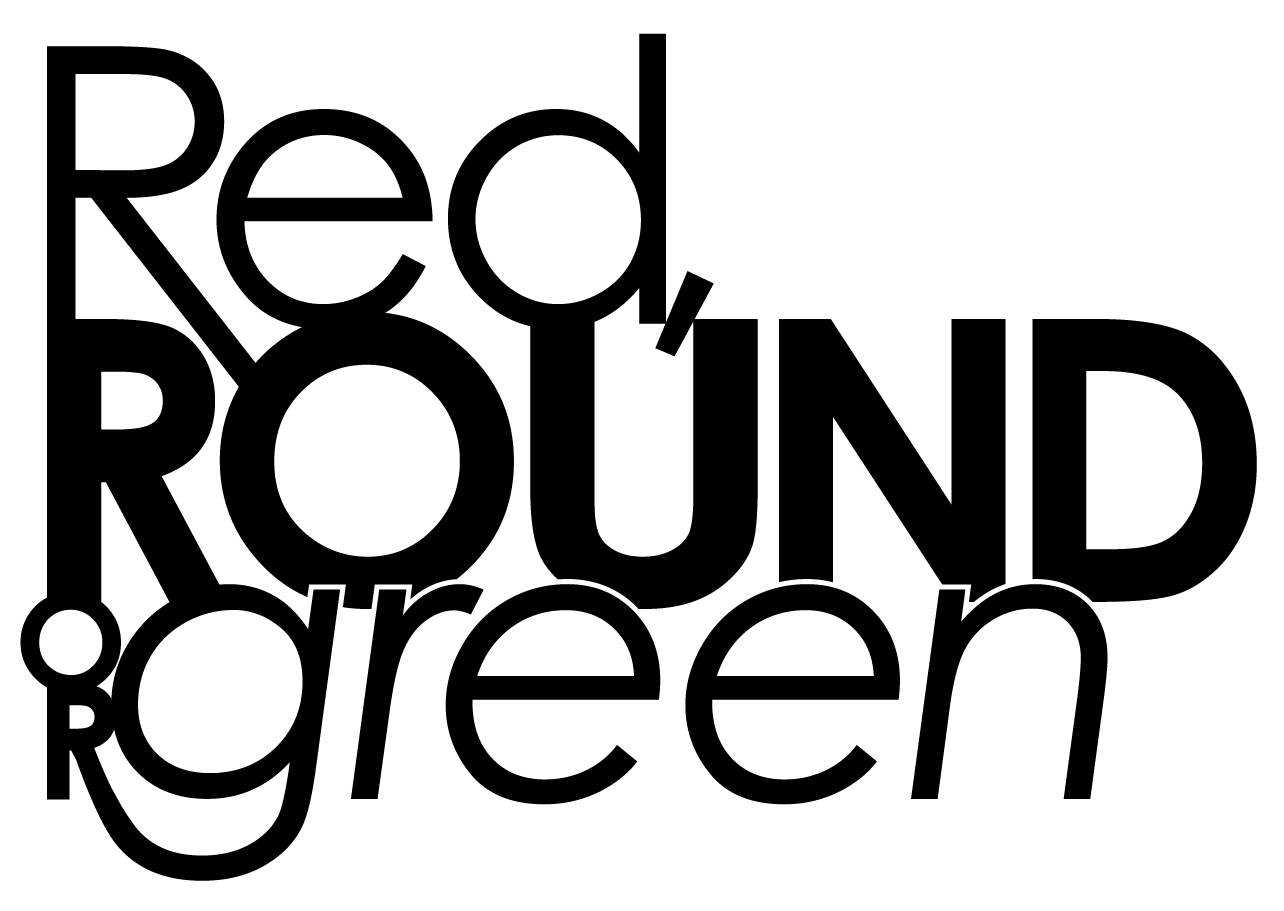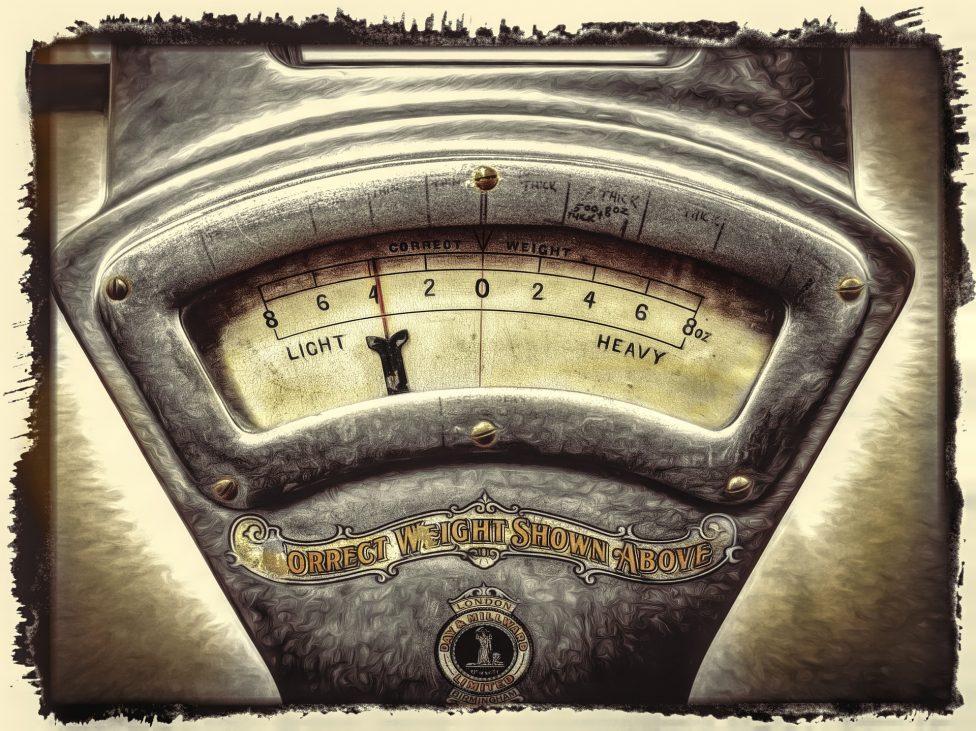We’re about 2 weeks into a new year, so naturally, everybody on the internet is “fixing” or “rebooting” or “detoxing” something.
If you’re loving your “fix” or your “reboot,” if you are thriving and feel that your life has been significantly bettered and your eyes opened by something that includes the word “shake,” if you’re cutting out entire food groups for some defined period of time (30 days! 21 days! 17 minutes!) and you feel that doing so has genuinely filled some major hole in your life that was previously dug by gluten, then good on you. You can feel free to skip this post.
Everybody else: Please stop thinking that you need to “fix” yourself.
Recent conversation in my house with one of my children (because, in case you don’t know this, boys ALSO think about food and body image):
“I don’t want you to ever, ever believe that you need to think about ‘dieting’ or restricting food to feel healthy, okay? I don’t want you to start thinking that some foods are ‘bad’ foods and other foods are ‘good’ foods.”
Kid: “But what about foods that make you fat?”
Me: “Okay. Here’s the thing. There are foods that make you stronger and foods that don’t. You should eat way, way more of the ones that make you stronger and you should think carefully about how often, and how much, you eat the other ones. But please don’t think about your body in terms of ‘fat’ or ‘not fat.’ Think about ‘healthy’ and ‘not healthy,’ and what that really means. Because fat is just a word that describes a certain shape and size.”
Kid: “Like ‘healthy’ is when you are eating lots of vegetables and protein and not a lot of dessert.”
Me: “Right, that can be part of it. Also, healthy can be how you feel and what you can do with your body. If you can run and jump and play and swim and feel great about it, that’s a good measurement. If those things make you tired or feel hard for you, then maybe you want to think about how you can get stronger.”
Kid: “Or if eating a food makes you feel good, then you can eat it, but if it makes you feel bad you should listen to your body.”
Me: “Right. But most importantly, I don’t want you to have a sad or stressful or anxious and worrying kind of relationship with food and eating, okay? This is super important. I want you to have a happy, feel-good, love food and love yourself relationship to eating. I want you to take excellent care of your body and love all kinds of foods, AND I want you to feel like it’s a fun and wonderful and pleasant thing to eat cake at a birthday party or have a pizza date with Daddy.”
Kid: “I feel like I can do that.”
Me: “I think you can. And if you want help, or you’re confused or feeling bad about your body or about food, then please talk to me and ask me. I’m here.”
–End scene, probably with some heartwarming sitcom soundtrack–
The reason I include this vignette, which I promise really did happen in my household last week, is because I’m truly concerned about the number of people I have encountered both online and IRL lately who are “fixing” or “rebooting” something for the New Year and OMG HATE IT.
They’re talking about how tired and cranky they feel on their “detox” plans or how they’re worn out from counting precisely portioned little containers of “approved snack” items. How they have a headache all the time but they just KNOW that it’s going to be soooooo worth it at the end of the prescribed 21 days, or 30 days, or 40 days, or whatever it is.
They’re saying things like “At a party for work and it’s SO hard to pass up the appetizers and a glass of red, but I’m staying strong! #worthit” Or “So tired after a really stressful day. Found out I was out of the quinoa salad I made for myself. Wanted to cry. Looked longingly at the family’s pizza but it’s a no-go so I’m going to eat these almonds and just go to bed!”
Guys. RED. FLAG.
I promise you that I’m not passing judgment on your life choices if this sounds like you — so please skip the hate comments. But I am gravely concerned about the messages we’re absorbing if:
- We feel that being tired, cranky and achy on a defined eating plan is better for us than being calm, rested and feeling well;
- We believe that there should be lists of “approved” and “not approved” food items (barring severe allergy/medical need) and that we’re going to be somehow better off for following them;
- We think it’s physically better and emotionally or morally stronger to spend time at a social event feeling conflicted, deprived and anxious about food choices than it is to have a little plate of snacks and a glass of wine;
- We reserve the “indulgent” foods, like pizza, for other people and consign ourselves to withdrawing from situations rather than overstep the rigidly defined parameters of a “plan,” “fix,” “detox” or “diet.”
You don’t need to be fixed. I don’t care if you’re obese, I don’t care if you’re not healthy right now, I don’t care if your motivation for the “fix” or the “detox” is something that could be defined as a really positive change. YOU DON’T NEED TO BE FIXED.
We are all works in progress. The problem is that if you view yourself as already broken, already in need of “fixing,” you’re already at least one foot into a negative shame spiral. Healthy is a goal. “Fixed” or “Better” is a value judgment.
When we put our faith in time-limited, rigidly defined diet challenges that are supposed to deliver some sort of fabulous result, we’re not learning how to take better care of ourselves. We’re asking some outside force to IMPROVE us. We’re not paying attention to what actually makes us healthy — in body, mind and spirit. We’re buying into the narrative that if we can stick to some version of dietary purity, or we can reach some number on the scale, we are going to be better people than we are right now.
We’re letting someone else tell us that we can buy health, strength, and happiness by counting almonds. By cutting out carbs. By passing up our kids’ birthday cakes or our book club’s spinach dip. We’re letting someone else tell us that we are broken, or in need of rebooting, or even TOXIC if we eat cookies sometimes and we don’t pre-portion quinoa salads for lunch every day and we don’t think dairy or wheat or sugar or meat are the devil.
The truth is that taking care of yourself is sometimes easy and sometimes hard. It’s a balancing act just like most things in modern life. And sometimes we’ll all fall short of our own goals for self-care, whether we measure that self-care in servings of almonds or hours spent with the people we love. But taking care of yourself should feel good, not self-righteous. It should feel joyful, not deprived. And on some days, pizza and wine are just as meaningful to a self-care routine as the next day’s kale salad and 5-mile run.
So please, if you’re hating your “fix” or your “detox,” stop. Stop hating it, and stop doing it, because if it doesn’t add joy to your life then it’s not self-care. It’s self-recrimination packaged as “better health.” But I happen to think that better health means emotional health first. Love first. Balance first. The rest will come with time.
No fixes or reboots required.


Leave A Comment